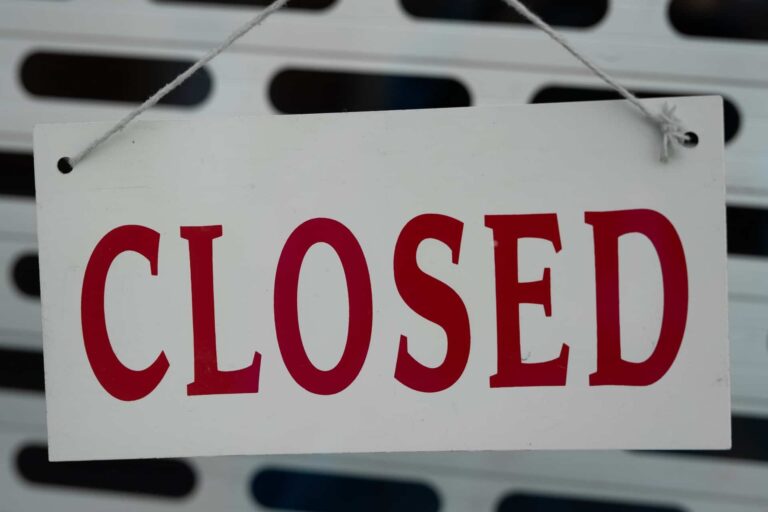In this article, you will learn about the implications of the BAG ruling and the ECJ ruling on vacation expiry:
Why remaining vacation is important
Residual leave is important because it gives your employees the opportunity to recover from work and recharge their batteries. Especially in stressful times, it is crucial to take breaks in order to remain productive and motivated in the long term.
In addition, remaining leave protects the rights as an employee :in, because according to the Federal Leave Act, everyone should have the chance to use their full leave entitlement. It is also important to know when remaining leave expires to ensure that employees’ vacation days do not expire unused. Employers should therefore provide transparent information about the rules on vacation expiry and ensure that all employees can plan their vacation days in good time. This will help you avoid unnecessary stress and legal pitfalls.
What decision did the ECJ make on 20.09.2022 regarding vacation expiry?
On 22.09.2022, the European Court of Justice (ECJ) ruled in a judgment(C-120/21 LB) that the automatic expiry of unused leave entitlements at the end of the year, as provided for in Section 7 (2) of the German Federal Leave Act (Bundesurlaubsgesetz, BUrlG), is contrary to European law. According to the ECJ’s ruling, a national law can only be applied in accordance with European law if it only allows vacation entitlements to expire without compensation in cases where employers have requested their employees to take vacation in good time.
This decision strengthens the rights of employees and makes it clear that employers must actively point out when and how remaining leave should be taken in order to avoid forfeiture. The ruling has significant practical implications for companies, as it ensures that employees can actually take their vacation entitlements.
What did the Federal Labor Court (BAG) decide on 20.12.2022?
In its ruling(9 AZR 266/20), the Federal Labor Court (BAG) determined that leave only expires if employers have transparently and unambiguously informed employees in advance of the existing leave entitlement and the possibility of expiry. Otherwise, the leave entitlement cannot simply expire. This decision emphasizes the responsibility of employers to ensure that employees can take their leave on time. The BAG thus takes into account the previous decisions of the European Court of Justice (ECJ) on this issue.
Exceptions and special cases of residual leave expiry
There are also exceptions and special cases that you should be aware of when it comes to remaining leave. For example, leave entitlement cannot simply expire if employees are ill and therefore unable to take their leave. In such situations, the remaining leave can be carried over to the next year. Also in the case of parental leave the remaining leave does not usually expire.
Another special case is when the employer has not sufficiently informed the employee of their rights. In this case, the vacation days cannot simply expire either. It is important that you as an employer :in clearly communicate by when the remaining leave must be taken in order to avoid misunderstandings and legal problems. Remember that the Federal Leave Act sets out clear regulations in this regard and inform yourself to be on the safe side legally.
How you can help your employees take their vacation
It is important to encourage your employees to take their vacation on time so that they do not forfeit their vacation entitlement.
- Planning: Remind your employees regularly to start their vacation planning early. A clear overview also helps to avoid staff shortages.
- Inform: Communicate the possibility of taking remaining leave to your employees transparently and in good time. Timely means that employees must still have the opportunity to take their vacation. The information from employers to employees should include the following:
- The number of vacation days to which the employee is entitled.
- A request to apply for leave in good time so that it can be taken before the deadline expires.
- The information that the leave will expire without replacement if it is not taken within the specified period (three years according to the ECJ).
- For example, information can be provided digitally directly from the digital time tracking system with integrated leave planner by email or via an Employee Self Service (ESS) in the form of an employee portal or an app. This means that employers and employees always have the option of calling up current leave entitlements, viewing leave already taken and planned leave and thus always having an up-to-date overview.
- Taxes: Use digital tools, such as the ZMI solutions, to keep track of the remaining vacation days yourself and make planning and approval as low-threshold and simple as possible.



